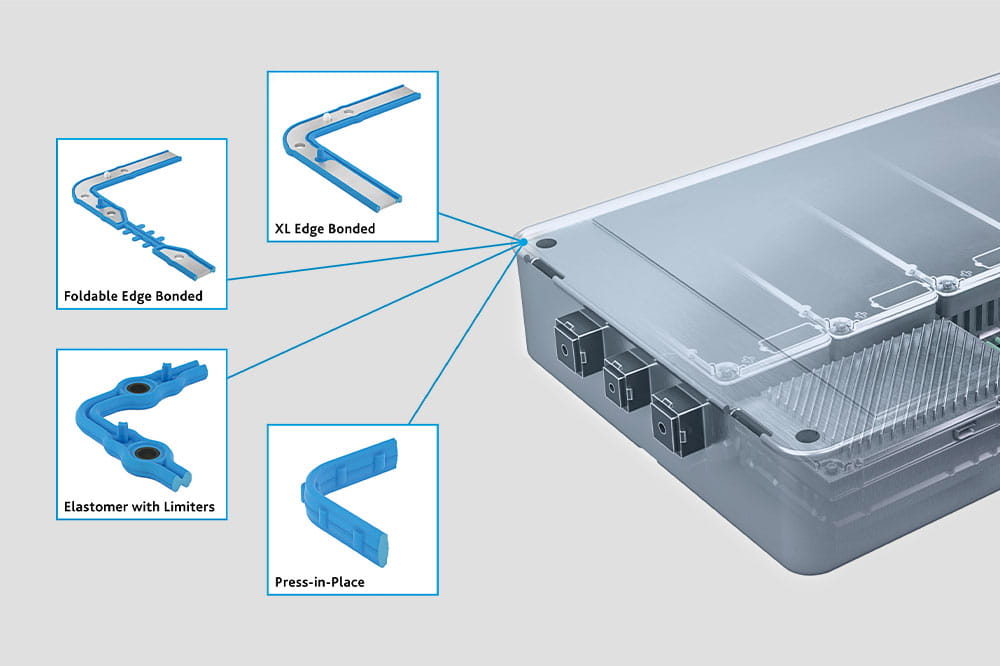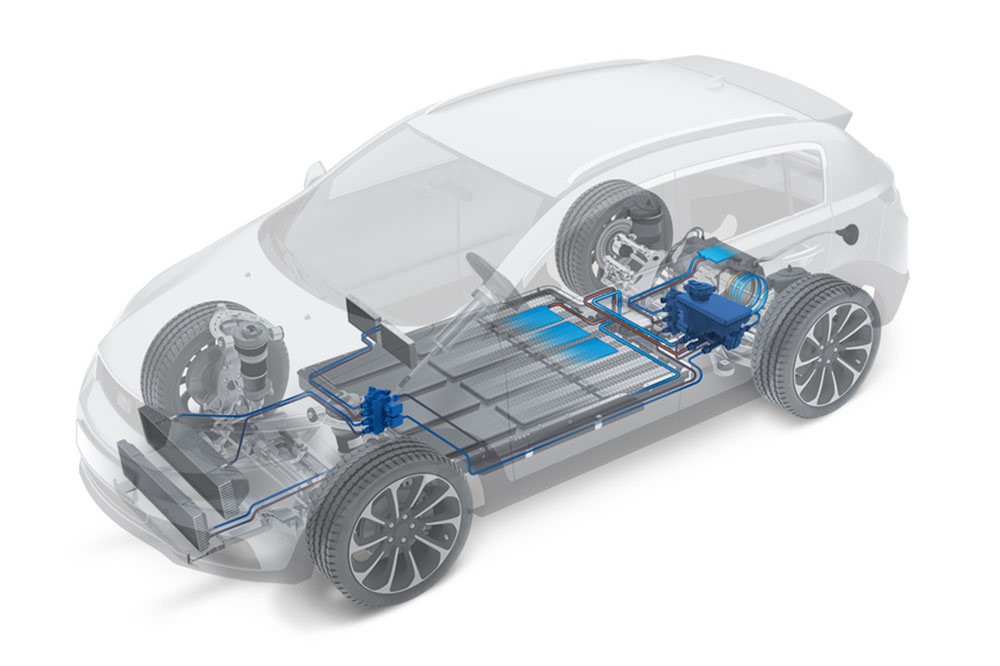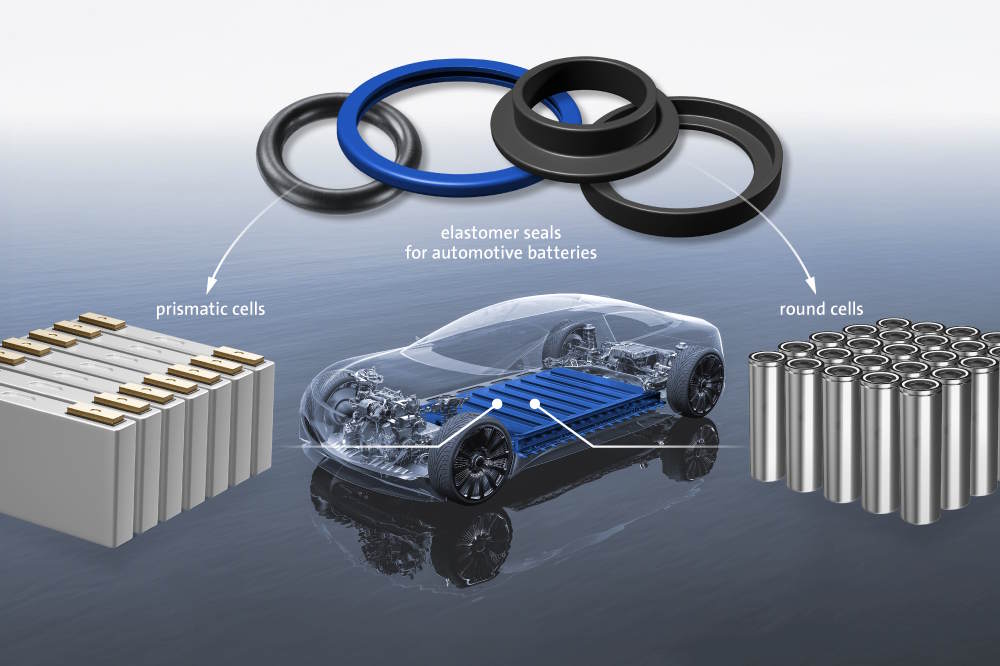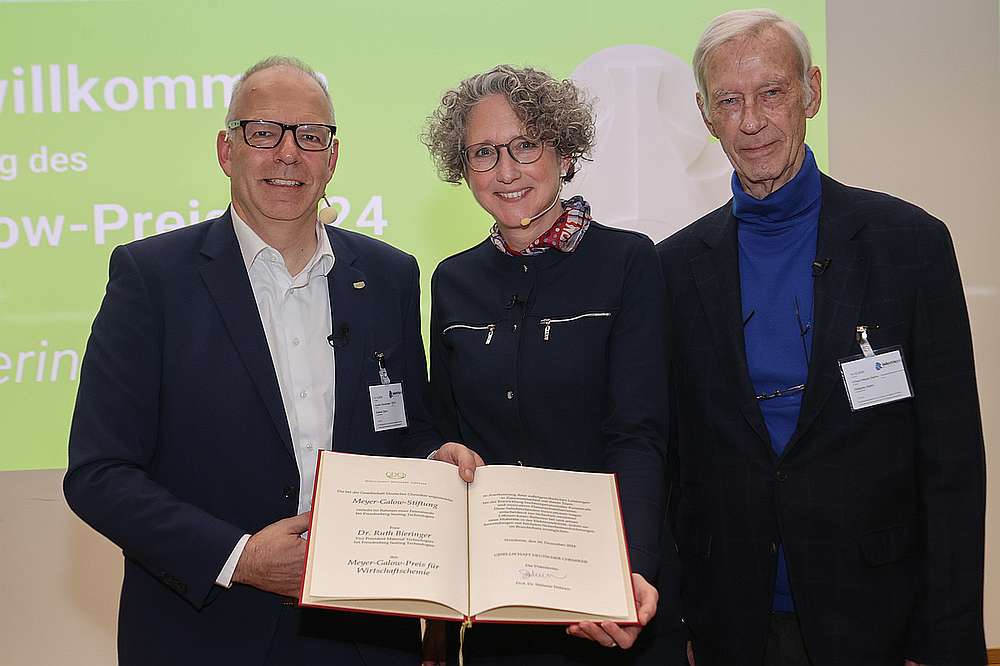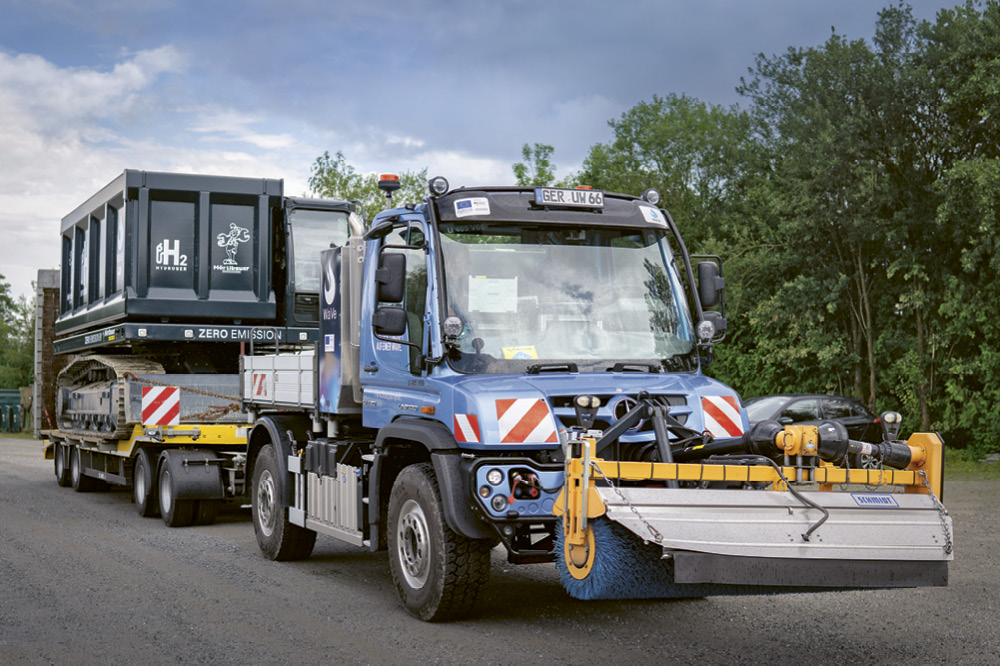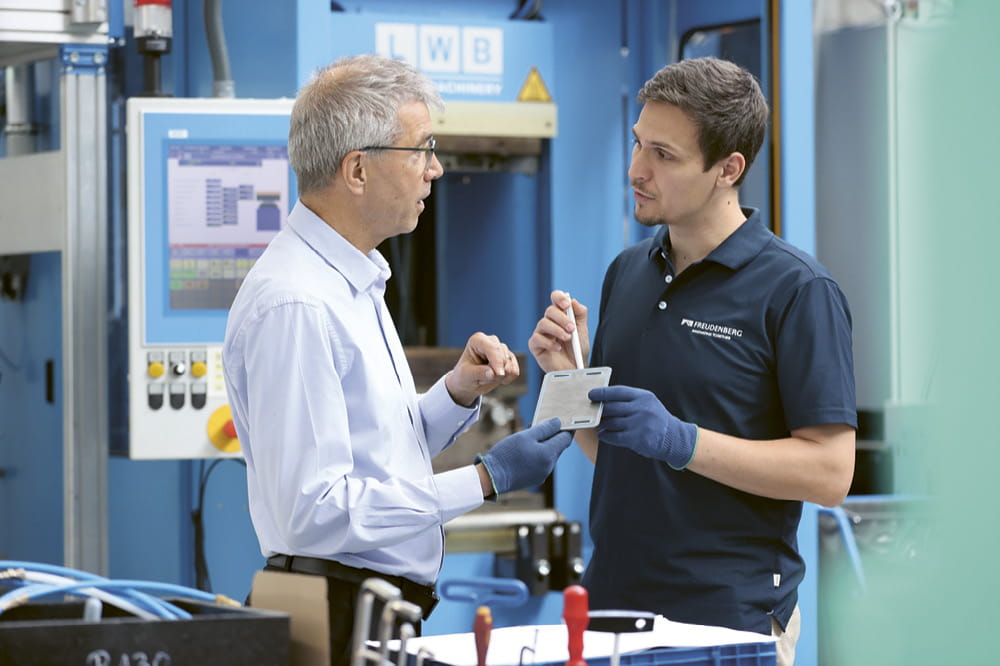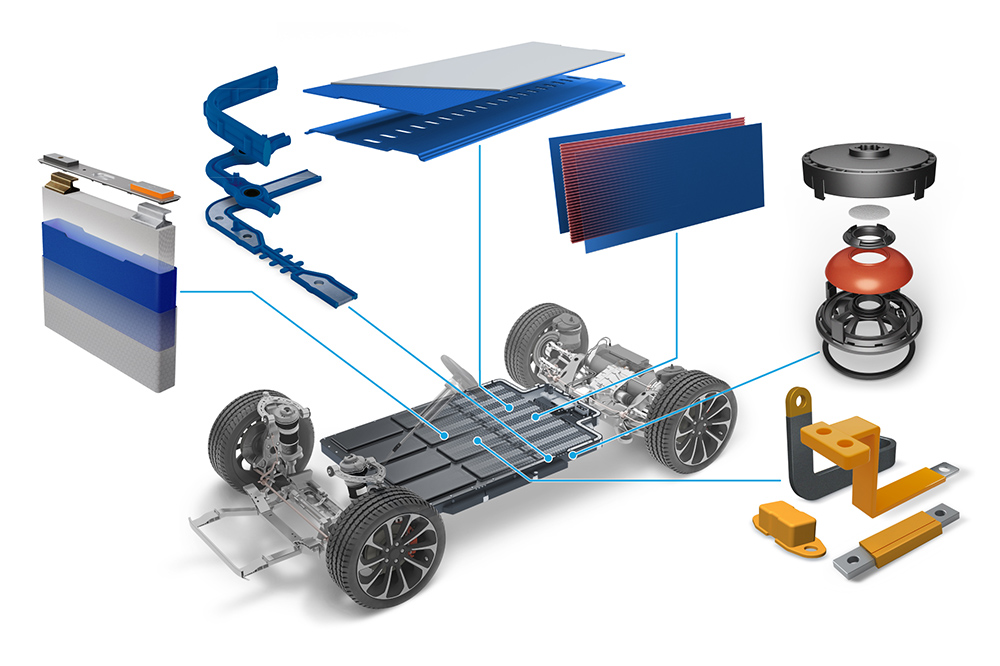Obtain news and background information about sealing technology, get in touch with innovative products – subscribe to the free e-mail newsletter.

21.11.2017 | Story
What is Liquid Electricity Energy?
The liquid that is expected to be the chemical basis for plastics and fuels is as transparent as water and nearly odorless. Gunnar Holen, the CEO of Nordic Blue Crude, wants to start producing the crude oil substitute in 2020.
In July, the company announced that it would build its first facility in southern Norway. It is scheduled to initially produce 8,000 tons of synthetic hydrocarbons per year – and do it completely climate-neutrally. The most important raw materials for the petroleum of the future are hydrogen and carbon dioxide. The latter is supposed to be drawn right from the air or come from chemical facilities and power plants that would otherwise emit the greenhouse gas into the atmosphere. All the energy needed for the fuel’s production would come from renewable sources.

Based in eastern Germany, the startup Sunfire developed the technical basis for this multistep process and is already operating a small demonstration facility near Dresden. The first step is the production of hydrogen from water, since the gas is not found in nature. Here Sunfire uses a high-temperature fuel cell that reverses what the cells do in vehicle powertrains. Hot water vapor is fed into the process; it is the heat from other process steps that is used to raise its temperature. This considerably increases the overall efficiency of the facility, which should reach about 70 percent. Then, in two additional steps, the carbon dioxide is initially broken down into carbon monoxide and then processed into a mixture of hydrocarbons, which can be turned into a diesel substitute in a refinery, for example. Except for the production of hydrogen in the high-temperature cells, this does not involve a technological revolution: German chemists Franz Fischer and Hans Tropsch had already developed the basic process in 1925 – but with the goal of producing liquid fuels from coal.
Above all, what is new is the determination that Gunnar Holen is demonstrating. Other facilities are due to be added as soon as the first one in Heroya is running smoothly. His goal: ten facilities in Norway alone, providing the raw material for a billion liters of a diesel substitute climate-neutrally. It’s not just a love of country that is driving Holen to invest in his Scandinavian homeland, but a sober business calculation as well. Holen is aiming for a price of less than two euros per liter for the synthetic crude oil, but a crucial factor in the pricing is the cost of the energy that the process requires.
In Norway, where abundant electricity from hydropower is available, a kilowatt hour costs about three euro cents, about half the average price on the German electric power exchange. Nonetheless, Holen says it will be necessary to invest in additional electric power generation to cover the energy demands for Blue Crude production. “It will mainly be wind parks in the country’s north,” he said. “Storms are the normal condition there.” Wind parks on the coast of northern Norway reach up to 6,000 full load hours per year and could thus produce electric current at a cost less than three euro cents per kilowatt hour.

It will be the basic political conditions as well as the availability of synthetic fuels that determine whether large quantities will flow into the gas tanks of cars and commercial vehicles. The reason: During combustion, e-diesel only emits the amount of carbon dioxide that was used in the production of the fuel. But, based on the current legal situation, a manufacturer is not given credit with regard to the fleet CO2 limits that it must observe. Only the emissions coming directly from the vehicle are substantially considered in determining compliance.
A study presented by the German Energy Agency (Dena) and Ludwig-Bölkow-Systemtechnik in early November, however, showed that the CO2 objectives for road transportation can only be achieved through the use of synthetic fuels. The experts thoroughly analyzed four scenarios for road transportation in 2050. The surprising result: Even if battery-electric vehicles for individual transportation catch on and new commercial vehicles are mainly powered by fuel cells, synthetically produced fuels will play a dominant role. If you look at final energy demand, 70 percent will come from e-fuels – and the largest portion would be expended for freight transport and the propulsion of ships and aircraft. The repercussions for the energy system are enormous. For example, production from solar and wind power would have to be increased by a factor of eight, just to provide the electricity for fuel production. The experts say they are confident that e-diesel can someday be produced at a cost of about one euro per liter. That indeed would be more than twice the price today based on fossil petroleum. In exchange, consequential costs of climate change would be eliminated.
More news on the subject E-Mobility

Join Us!
Experience Freudenberg Sealing Technologies, its products and service offerings in text and videos, network with colleagues and stakeholders, and make valuable business contacts.
Connect on LinkedIn! open_in_new
